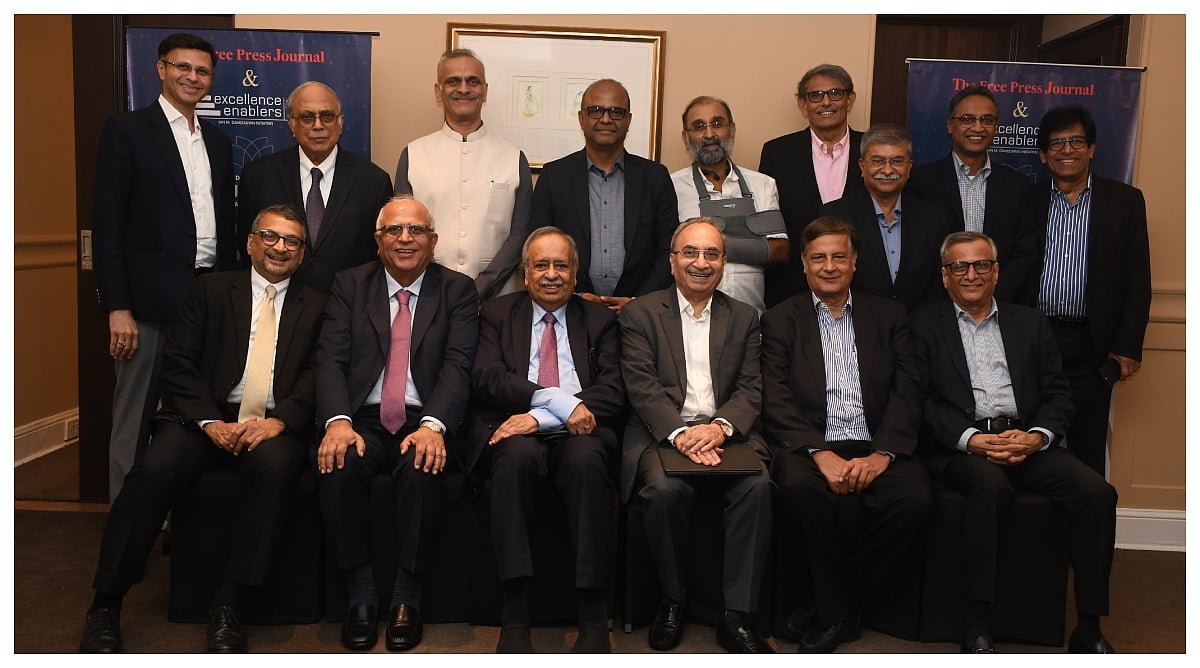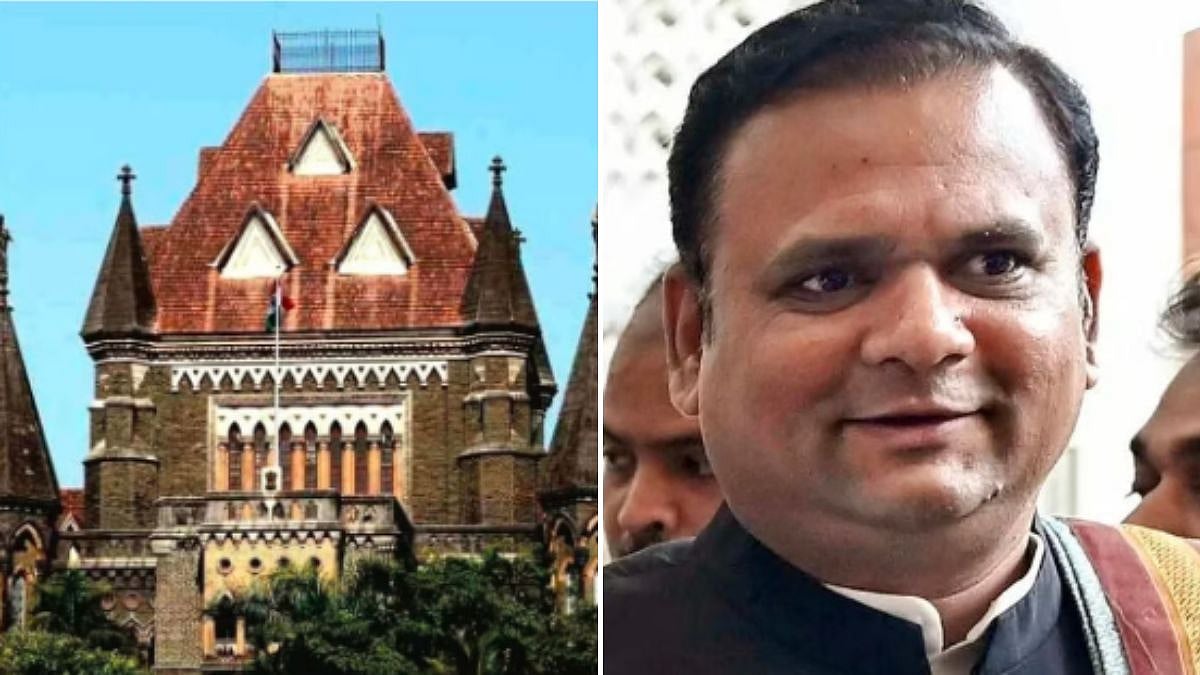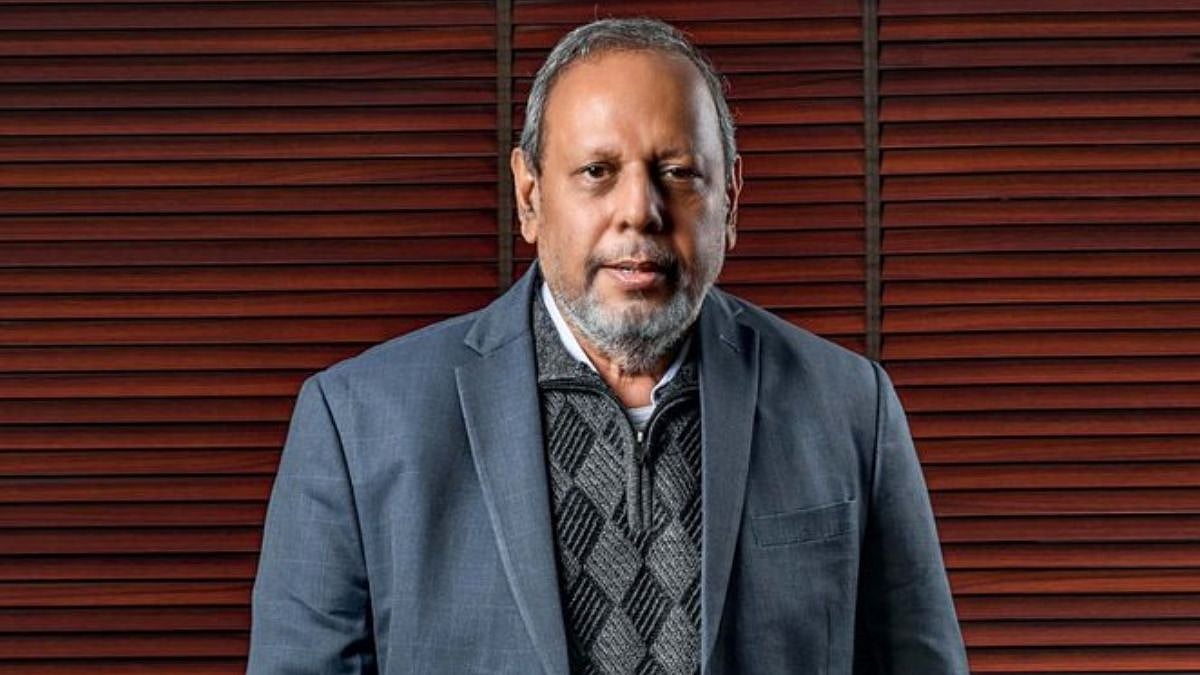Mumbai: The Free Press Journal (FPJ), in collaboration with Excellence Enablers, recently hosted the inaugural FPJ Round Table on the Effectiveness of Audit Committees in Mumbai. The high-powered discussion featured a distinguished lineup of leaders and governance experts, including M. Damodaran, Abhijit Sen, Abhishek Karnani, Abizer Diwanji, Dinesh Khara, Govindraj Ethiraj, Ketan Dalal, Ketan Vikamsey, Nagesh Pinge, Narsee Monjee, Natarajan Ramkrishna, Swayam, Nikhil Bhatia, Sudarshan Sen, Sudhir Soni, and Sunil Mehta. Together, they explored the evolving role of audit committees in today’s fast-changing corporate environment and the growing need for stronger oversight, transparency, and adaptability in governance practices.
Audit Committees: More Than Just a Checkbox
Gone are the days when audit committees could just tick off boxes and call it a day. Companies now expect them to raise the bar on financial reporting, spark real conversations inside the boardroom, and keep up with shifting expectations around governance. Boards need to see audit committees as mission-critical components of sound decision-making.

Speaking at the event, M. Damodaran emphasised that audit committees must do much more than just meet legal requirements. He stressed the need for high-quality financial reporting, informed conversations within the committees, and a clear understanding of how fast governance expectations are evolving. Boards, he said, must recognise how central audit committees have become to the overall functioning of companies.
New Age Risks: Cybersecurity, AI, Insider Threats
Let’s face it—risks facing audit committees today are far more complex. Cybersecurity breaches, AI-driven risks, insider threats, and even geopolitical uncertainties are testing the resilience of companies. Cases such as Linde India and Caf Coffee Day show the need for accurate financial reporting and tighter internal controls. Regulators, too, are demanding greater openness, leaving no room for complacency.
Deepening the Role: From Oversight to Foresight
Experts agreed that the role of audit committees must evolve from oversight to foresight. It’s not enough to catch problems after they happen; committees must anticipate risks before they surface. That means investing in advanced analytics, regular scenario planning, and deeper collaboration with the risk management and compliance teams. The ability to interpret data quickly and act decisively could make the difference between resilience and reputational damage.

Why Financial Firms Need Special Focus
In the financial sector, the pressure is particularly intense. Audit committee members must understand risk, governance, and compliance in depth. With global markets shifting rapidly and technology transforming financial services, committees in this space must operate with greater vigilance and strategic awareness.
Fraud and Cybersecurity: Still Front and Center
Fraud remains a constant concern. Companies need robust IT governance frameworks, skilled professionals, and seamless coordination between audit and risk committees. Staying ahead of emerging technologies, especially AI and blockchain, is no longer optional—it’s essential to maintaining investor confidence and safeguarding data integrity.
Don’t Forget Minority Shareholders
Audit committees must also champion the rights of minority shareholders, particularly in promoter-driven companies. Transparent decision-making, timely disclosures, and accountability mechanisms ensure that governance serves all stakeholders, not just the powerful few.
Good Governance Is a Team Sport
Audit committees thrive when they operate as part of a wider ecosystem. Their effectiveness depends on how well they interact with management, external auditors, and regulators. Collaboration and a shared commitment to ethical business conduct are vital to strengthening trust in India’s corporate sector.
A Stronger Line of Defence
One message from the round table was unmistakable—audit committees are the first line of defence in corporate governance. They go beyond compliance, acting as sentinels that protect companies from cyber threats, financial misreporting, and governance lapses. As challenges grow, audit committees must continue to adapt, innovate, and lead with integrity to ensure India’s corporate future remains resilient and trustworthy.









